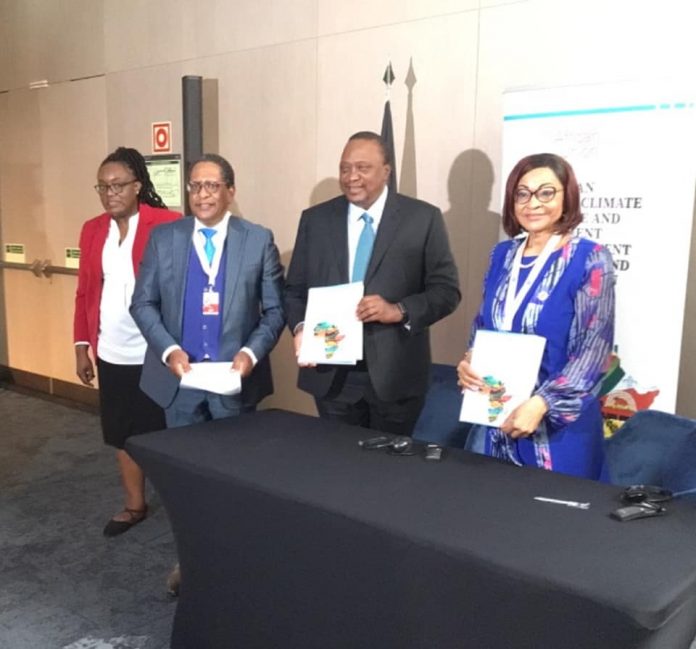The Kenyan Government has, over the years, imposed several restrictions to reduce waste pollution in our water bodies and Environment CS says, more action will be taken.
Speaking at the sidelines of the United Nations Ocean Conference in Lisbon, CS Tobiko said pollution challenge poses a significant threat on the environment.
“The pollution challenge in our oceans is real and has been increasing due to increased population, industrial activities, inadequate sewerage and other waste management infrastructure.”
The Kenyan Government has, over the years, imposed several restrictions to reduce waste pollution.
In 2007 the government imposed a 120% excise duty on polythene bags, followed by a ban on bags below 30 microns in 2008.
In 2017, Kenya prohibited the manufacture, retail, distribution and importation of plastic carriers and flat bags for commercial and household packaging.
In 2019, Kenya prohibited using single-use plastics in protected areas, including beaches.
The Sustainable Waste Management Policy 2021 was launched in March 2022 during UNEA 5.2 and commits the government to ensuring the transition of waste management from a linear to a circular approach.
The Sustainable Waste Management Bill (2022), passed by both houses of parliament and only awaits the President’s assent, will play a crucial role in the enforcement of the transition to a circular economy in waste management.
The Bill extends incentives to upscale alternative paths to manage waste appropriately through prevention, reduction, reuse, recycling and safe disposal in engineered sanitary landfills. Kenya aims at waste segregation and recovery of 95% of the valuables through composting and recycling.
This bill will ensure that marine plastic pollution is addressed and will create wealth and jobs for Kenyans.
Further, the government has developed the Extended Producer Responsibility Regulations (2022) to promote post-producer responsibility that has been imposed on producers of 30 selected products and packaging considered of more significant harm to the environment.
The EPR regulations emphasise a shift towards implementing the life cycle approach and the polluter pay principle, where producers have to internalise waste as a cost rather than an external consequence.
In addition, the government launched the National Marine Litter Management Action Plan (2021- 2030) as a response to calls by the UNEP-Regional Seas Program, the United Nations Environment Assembly, and regional endeavours to address this scourge.
One of the lessons learnt by Kenya is the need for international collaboration. The marine litter challenge is both a national and a transboundary problem. For example, studies carried out by Kenya Marine and Fisheries Research Institute and other partners have indicated that 88% of litter on Kenyan beaches is of Kenyan origin. At the same time, the rest originates from other countries.
CS Tobiko applauded the global community for adopting the recent UNEA Resolution 5/14 titled, ‘End plastic pollution: Towards an international legally binding instrument,’ which mandated the development of an international treaty to address plastic pollution.



















